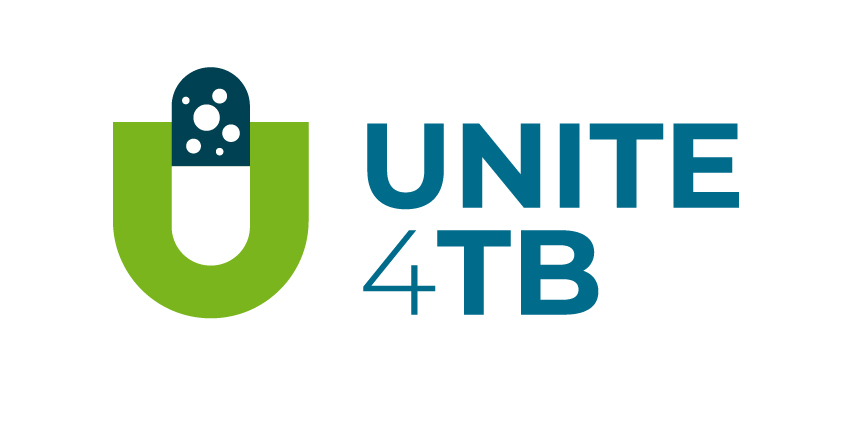The latest developments in the field of single cell biology and artificial intelligence have allowed us to understand better the biology of tissues and systems in health and disease. Now it is the time to harness this power to characterise infection at the cellular level to identify novel biomarkers for early diagnosis and treatment response.
Educational aims
The webinar aims to create an open space for discussion the field of single cell biology and artificial intelligence in TB, whilst providing space for reflection on the current evidence gap, as well as the future possibilities in this field.
Topics
- TB infection
- Clinical trials
- Artificial intelligence
- Single cell biology
- TB diagnostics
Format
The webinar will be divided into two parts (of approximately 30 mins. each):
- In first half of the webinar, Dr Fabian Theis will give a presentation on translating single cell biology to novel diagnostic and treatments using AI and associated topics.
- The second half of the webinar will be an open discussion, moderated by Raquel Duarte and Cristoph Lange, giving participants the opportunity to share perspectives on the topics presented, and pose questions to the speaker.
Learning outcomes
Following this webinar, participants will be able to:
- Understand how single cell biology allows us to uncover the cellular changes associated with disease.
- How can we integrate these cellular processes to clinical data using AI/ML.
- Understand how we can build interpretable models to identify biomarkers for early diagnostics and the evaluation of treatment response.
CME credit
This Webinar has been accredited by the European Board for Accreditation in Pneumology (EBAP) for 1 CME credit per 1-hour attendance. The CME credit will be granted upon attendance of at least 60 minutes during the live webinar only.
What is a webinar?
A webinar closely simulates a lecture-based teaching experience. The speaker can interact with the audience, just as in a classroom setting. During the webinar, you will be asked to share your opinion on issues related to the topic using interactive polls.
All participants will be able to hear the lecturer and see the slides throughout the presentation. As a participant you will be able to pose questions or discuss ideas with the other participants via the text chat facility and the speaker will respond to the questions via the microphone.
Login guidelines
More information will be communicated in due course.
- Please log in to the webinar 20 minutes before it is scheduled to commence. If you have any technical difficulties whilst trying to log in or during the session please contact e-learning@ersnet.org.
- Check Central European Time.
- To achieve the best quality, we recommend to avoid downloading anything from the internet during your connection to the lecture and stopping all other programmes.
- Please also ensure that your audio settings are not set to mute and adjust the volume to a comfortable level.

About UNITE4TB
UNITE4TB is a public-private partnership with representation from academic institutions, small- and medium-sized enterprises (SMEs), public organisations, and pharmaceutical companies. The 7-year, €185 million project aims to accelerate and improve the clinical evaluation of combinations of existing and novel drugs, with the goal of developing new and highly active Tuberculosis (TB) treatment regimens for drug-resistant and -sensitive TB. For more information, visit the consortium website: www.unite4TB.org
Funding
The UNITE4TB project has received funding from the Innovative Medicines Initiative 2 Joint Undertaking (JU) under grant agreement No 101007873. The JU receives support from the European Union’s Horizon 2020 research and innovation programme and EFPIA, Deutsches Zentrum für Infektionsforschung e. V. (DZIF), and Ludwig-Maximilians-Universität München (LMU). EFPIA/AP contribute to 50% of funding, whereas the contribution of DZIF and the LMU University Hospital Munich has been granted by the German Federal Ministry of Education and Research. For further information: www.imi.europa.eu
Disclaimer
This communication reflects the author’s view. Neither IMI nor the European Union, EFPIA, or any Associated Partners are responsible for any use that may be made of the information contained herein.
Diseases / methods
- Respiratory infections
- Respiratory critical care
Target audience
- Healthcare professionals
- Decision makers
- Policy makers
- Researchers
- TB community





